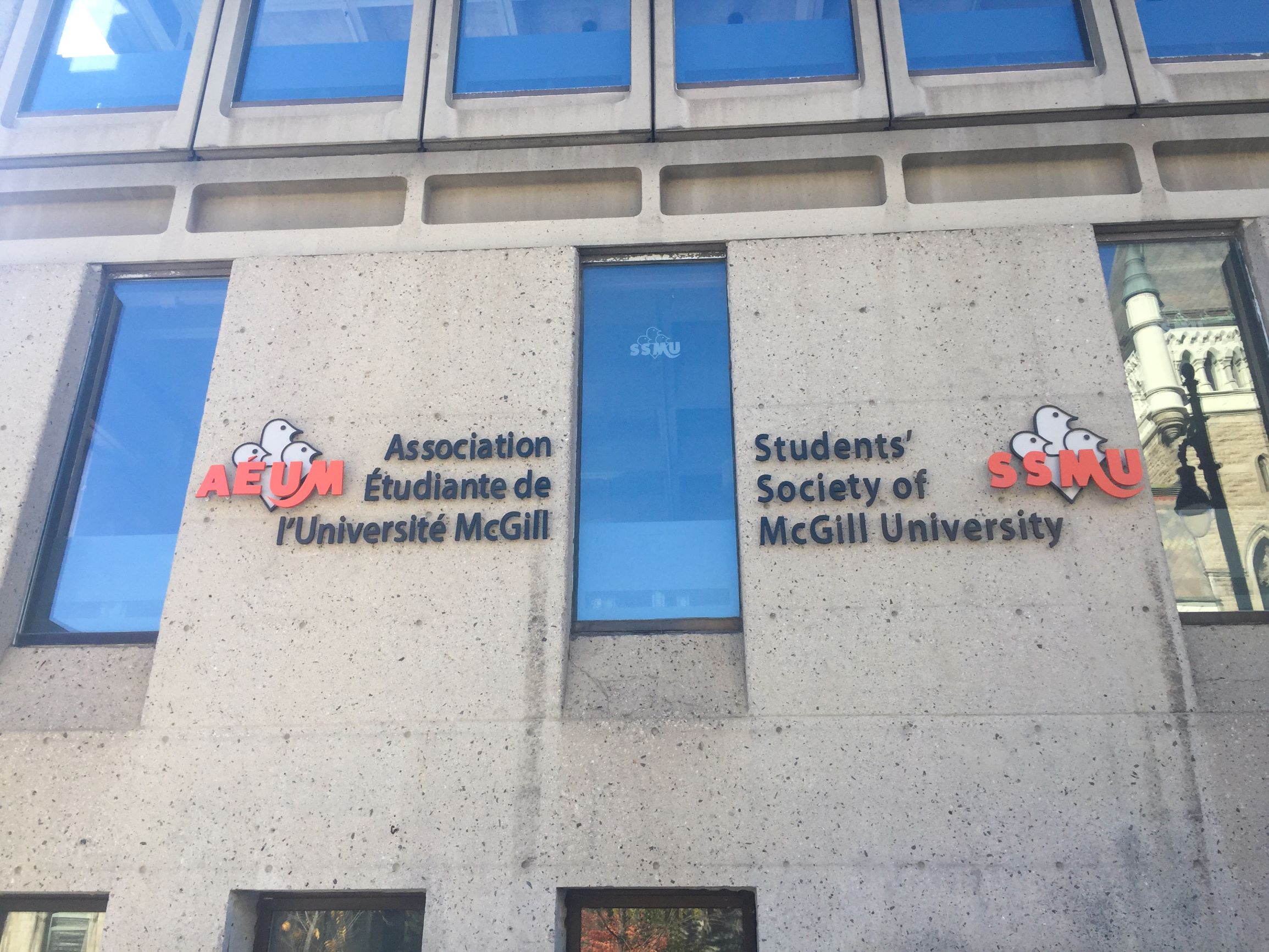The Students’ Society of McGill University (SSMU) experiences high annual turnover among its leadership, which often forces executives to prioritize making an immediate impact at the expense of more effective, long-term goals. In response, President Jemark Earle campaigned on a promise to implement a long-term plan for the organization that focusses on policies that his successors may otherwise neglect. In December, SSMU unanimously adopted a five-year plan to improve staffing, club finances, and student services. Earle’s plan contains numerous items that will improve student life, but it requires a significant monetary investment from McGill students. To ensure the plan’s success, SSMU will need to be more transparent with how student funds are spent.
If enacted effectively, Earle’s ambitious goals will increase the scope of services available to McGill students. Among other ideas, the plan proposes to open a pharmacy and a tax clinic, and renovate the University Centre’s second-floor cafeteria into a student lounge. Clubs and student advocacy groups will receive more financial and institutional support, and additional administrative staff would be hired to alleviate the burden on SSMU’s currently overworked employees.
The proposed services would be beneficial, but they come at a high price: It is estimated that increasing club insurance alone will cost two hundred thousand dollars. Since student fees make up much of SSMU’s budget, the Society is obligated to allocate these funds more responsibly than they have in the past to ensure the success of this expensive project. A recent Finance Committee report found a significant lack of oversight regarding SSMU’s approval of ancillary fees in recent years. For example, groups requesting fee collection do not need to submit any information about how they intend to use their budget, leading many groups to ask for more than they need. Between 2015 and 2020, SSMU approved 95 per cent of fee requests from student groups despite often not knowing how this money would be used. To eliminate wasteful spending and leave more resources available for more meaningful projects, budgets must be scrutinized more thoroughly before SSMU approves funding.
Although SSMU has not always been forthcoming about past budgets, the plan’s finance section shows that its executives are aware that this needs to change. SSMU’s suggestion to consolidate fees is an excellent start towards minimizing monetary waste. Externally auditing this collective fund would allow full financial transparency, and money could be allocated to groups on an as-needed basis. Furthermore, the plan’s other fiscal goals would raise money in the short-term to lessen the need for future fee increases. These include registering SSMU as a charity so that it can receive donations, and investing portions of the consolidated fund into money markets. Additionally, the Finance Committee report identified that SSMU services regularly run large surpluses. Existing surpluses can help decrease the burden of the plan’s new fees, but it is up to the Society to prevent services from collecting more money than necessary going forward.
In addition to saving money, increased budgetary accountability and transparency would empower SSMU members to make informed choices about the five-year plan. Every fee increase that SSMU intends to levy will have to be approved by a student referendum. Although past referendums have seen voters overwhelmingly support fee increases, these elections have been hampered by low turnout. This shows a lack of interest or knowledge among the student body regarding SSMU’s finances, which is dangerous considering the expense of the new projects. Greater transparency will keep students informed about the budget, thus encouraging them to fulfill their obligation to vote.
Although the five-year plan will help the university, a history of fiscal mismanagement threatens to undermine its potential. SSMU must learn from these mistakes by empowering its Finance Committee, club leaders, and external auditors to ensure that their projects are financially viable. The success of the five-year plan hinges on increased fees, and students deserve to know that their money is being spent responsibly.







